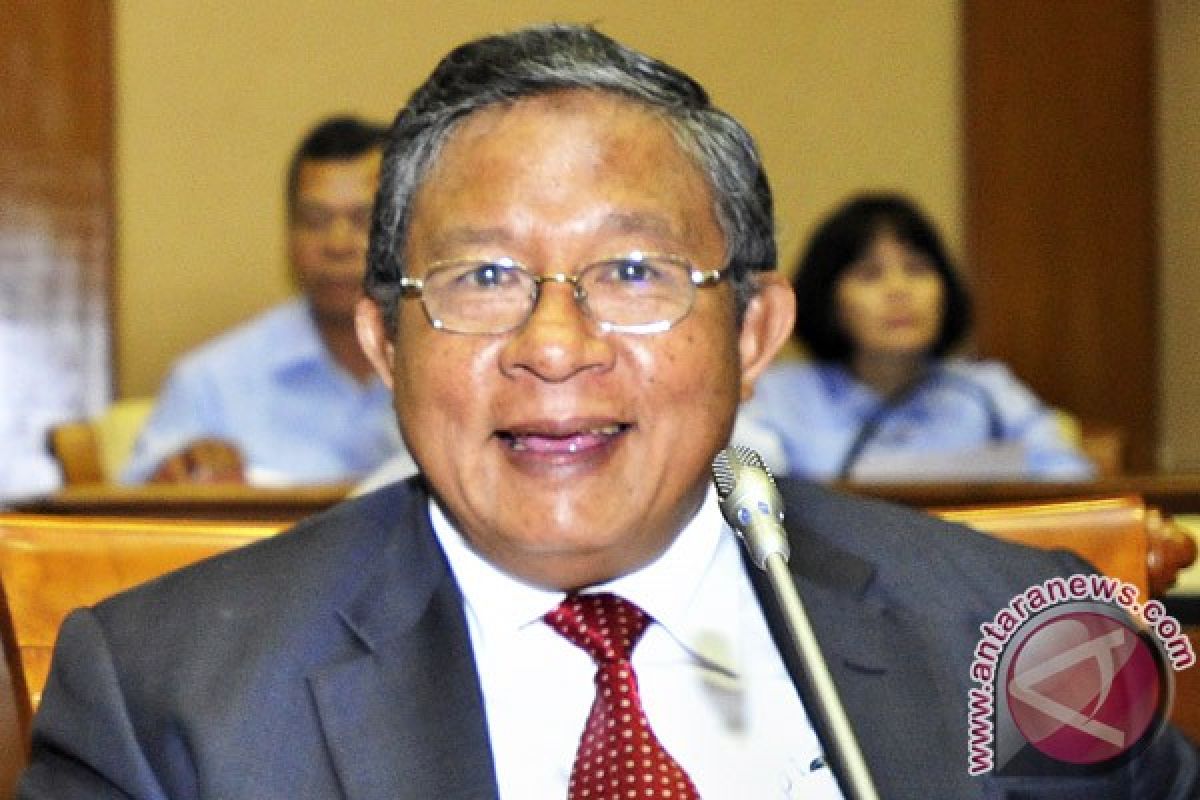"When fuel oil prices in the world market increased and Indonesia did not raise the price of its fuel oils, its budget deficit increased," the central bank governor said.Jakarta (ANTARA News) - Bank Indonesia (BI) Governor Darmin Nasution has stated that the government`s plan to raise fuel oil prices will help boost economic growth by reducing budget deficit.
"When fuel oil prices in the world market increased and Indonesia did not raise the price of its fuel oils, its budget deficit increased," the central bank governor said here on Wednesday, during a meeting with the House of Representatives (DPR) Commission XI on financial affairs.
In the second quarter of 2005, Darmin added, Indonesia had a current account deficit and faced a minor economic crisis because of rising global crude prices.
"Then, the DPR and the government raised fuel oil prices, while BI also raised its key rates and the rupiah currency exchange rate. As a result, the economy recovered within the following two quarters," he pointed out.
However, the government was late in raising fuel oil prices in 2008. And the Indonesian economy needed three to four quarters to bounce back then, Darmin said, adding that the rupiah exchange rate weakened and the foreign exchange reserves dropped during the period.
"In 2005, the foreign exchange reserves had dropped by US$3.8 billion, while in 2008 it dropped by US$8 billion, from US$59.5 billion to US$51.8 billion," he noted.
Speaking about Indonesia`s trade balance, Darmin said: "Our economic growth was based on internal factors such as high economic growth, low inflation and low budget deficit. This is different from external factors."
He added that external factors such as imports had a significant impact on the nation`s economy. "The current account deficit has continued to widen during three consecutive quarters in 2011, because a lot of foreign exchange was used for importing capital goods and raw materials," Darmin explained.(*)
Editor: Heru Purwanto
Copyright © ANTARA 2012












